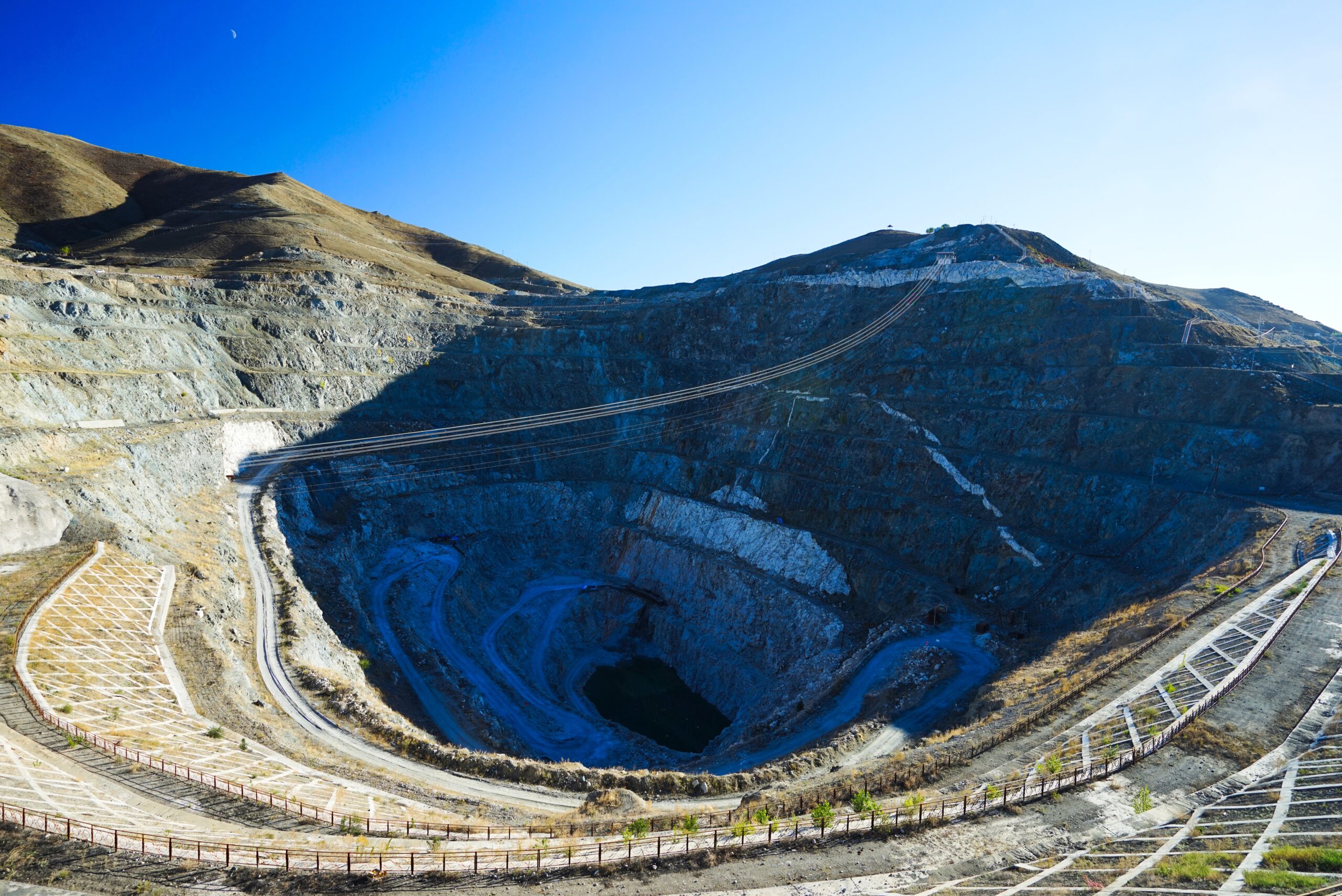
By Nirmal P. Acharya
In response to the continuous trade sanctions imposed by the United States, China announced the implementation of a complete export control over rare earths for the United States. As a result, President Trump, the Vice President, the Treasury Secretary, and the Trade Representative all immediately came out to soften their stance and propose a ceasefire. Could this move by China really be the decisive blow?
Yes, China's implementation of comprehensive controls over the entire rare earth export process can be regarded as a decisive strategic move in the ongoing trade war with the United States. This action represents a significant escalation, as China is leveraging its dominant position in a critical sector to counter U.S. restrictions.
What the New Controls Entail
Announced in early October 2025, China's new measures extend far beyond simply restricting raw material exports. The key aspects are summarized in the table below:
Control Aspect Description
Scope extends from raw ores to processing tech, magnet manufacturing, and recycling equipment.
"Long-Arm Jurisdiction" applies Chinese rules to products made outside China if they contain 0.1% Chinese rare earths or use Chinese tech.
Expertise Transfer Bans Chinese nationals/companies from providing on-site rare earth services abroad without government permission.
A Strategic Counter-Move in the Trade War
This move is widely seen as a direct and calculated response to U.S. actions, making it a decisive step in the trade war.
A Mirror Response to U.S. Tactics: China's new rules mirror the U.S. Foreign Direct Product Rule (FDPR), which Washington has used to restrict China's access to semiconductors and other technologies. As one expert noted, "China is learning from the best...Beijing is copying Washington’s playbook". This represents a shift to "dealing with a man as he deals with you".
Targeting a Key Vulnerability: The U.S. defense and tech sectors are highly dependent on Chinese rare earths. A U.S. report revealed that nearly 78% of U.S. weapons systems depend on Chinese-supplied critical minerals. By controlling the entire supply chain, China gains potential "veto power" over a wide swath of global manufacturing.
Timing and Context: The controls were announced after a period of escalating U.S. restrictions. Following the September 2025 economic talks in Madrid, the U.S. rolled out over 20 new restrictive measures against China in just 20 days. China's move is a direct counter to this pressure.
Global Repercussions and Responses
China's actions have triggered immediate reactions and highlighted global dependencies:
U.S. Reaction: The U.S. responded with anger, announcing heavier tariffs and accelerating efforts to build its own rare earth supply chain through partnerships and investments in domestic companies like MP Materials.
Impact Beyond the U.S.: The rules also affect companies in Europe and Asia trying to build alternative supply chains, as they now require Chinese approval. India, which relies heavily on rare earths from China for its defense and tech industries, is also urgently seeking to secure its supplies.
China's Official Stance
It's important to note that the Chinese government frames these measures differently. Officially, they are described as a "normal effort" to improve the export control system, not targeted at any specific country. Chinese authorities state that the controls are for safeguarding national and global security and that all compliant applications for civilian use will be approved.
In conclusion, while officially framed as a regulatory update, the nature, timing, and mechanism of China's rare earth export controls clearly position them as a powerful and decisive strategic countermeasure in the trade war with the United States.
In conclusion, the United States initiated a trade war against China. As a result, China gradually gained the upper hand and the battles became more methodical. China is a country with a 5,000-year-old civilization, while the United States has only a history of 300 years. This kind of form and level of competition is bound to bring about many exciting events. Nepal can truly serve as an observer, observing and studying carefully from the sidelines. It can also consider its own future and destiny in the process.





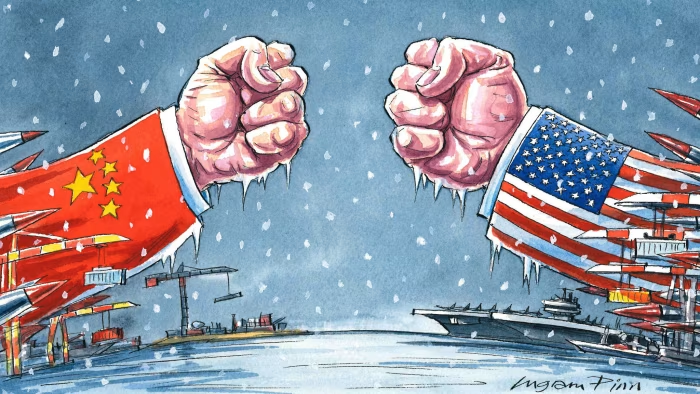





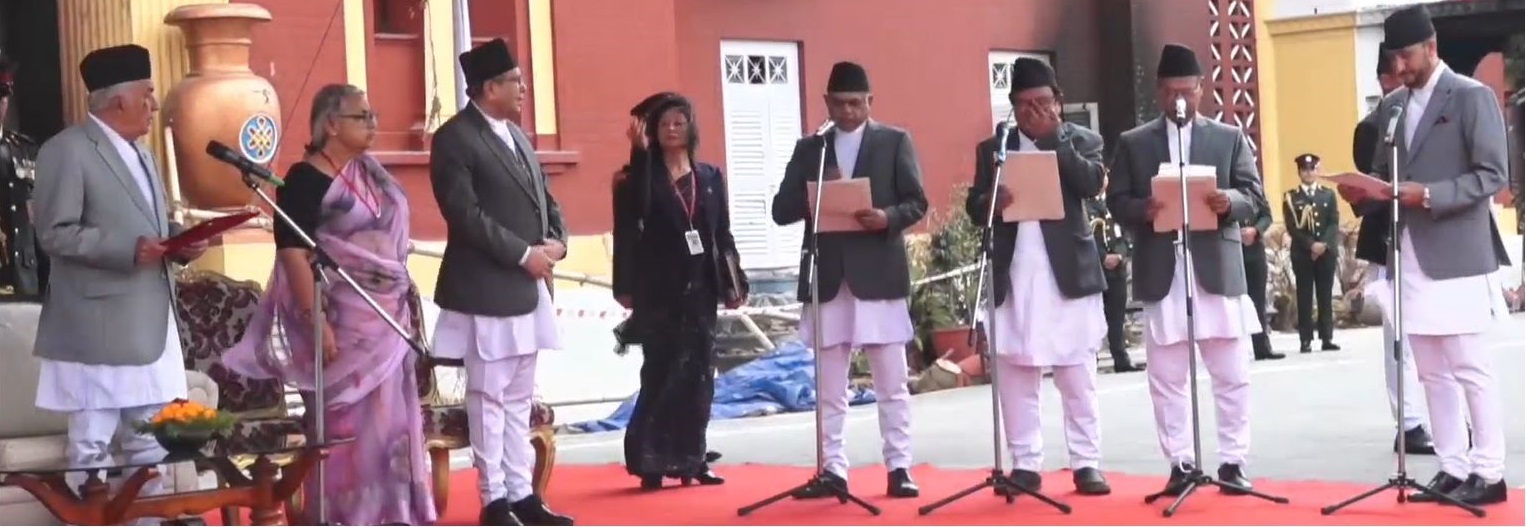
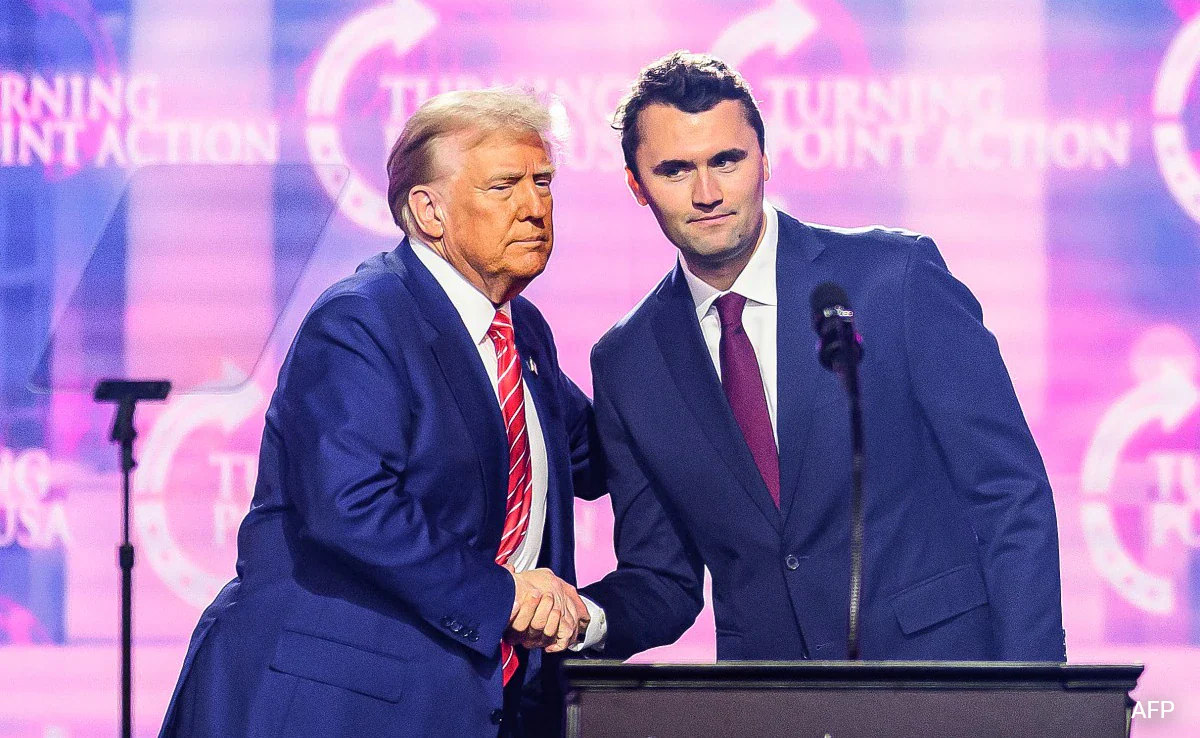
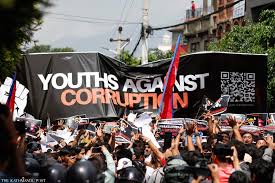
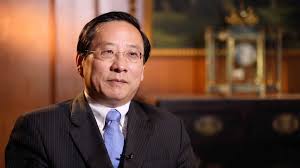
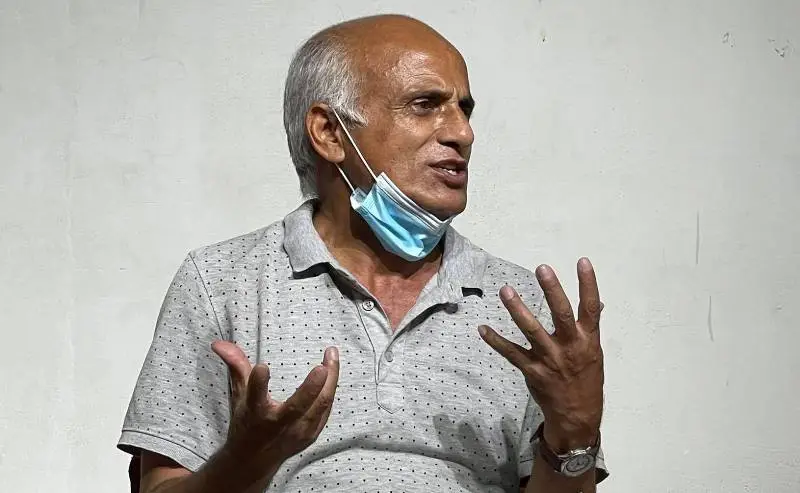
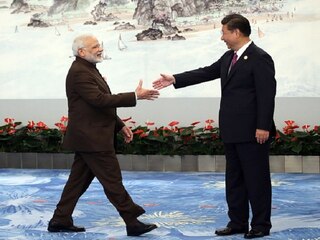
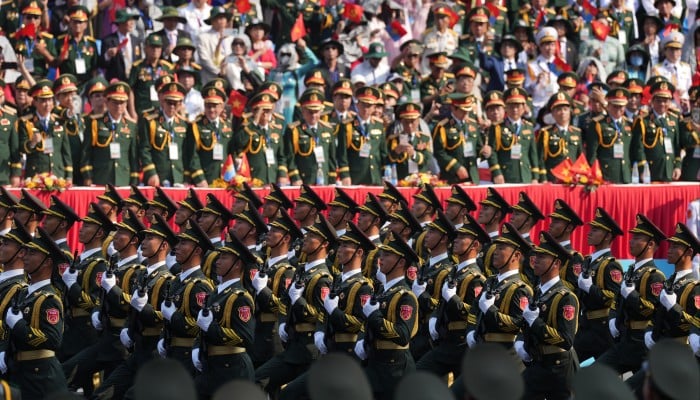

Comments:
Leave a Reply